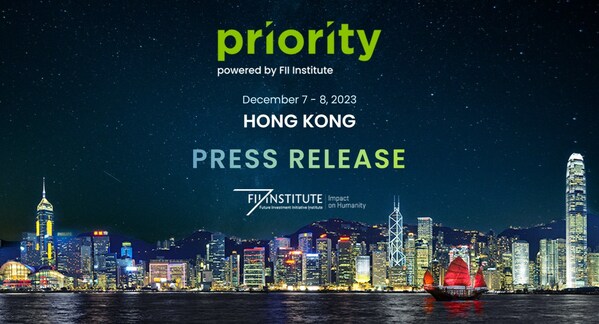 |
NEW YORK, April 17, 2025 /PRNewswire/ -- Exciting new Augmented Reality (AR) and Virtual Reality (VR) devices tend to steal the spotlight, but often the supporting platforms for those devices are of equal or greater importance; according to global technology intelligence firm ABI Research, the competitive landscape for Extended Reality (XR) platforms will see shifts in major players, key partners, and enabling technologies over the next five years.
"After a handful of stops and starts for the XR market over the past decade, there are a few key drivers that are accelerating growth today: major players are more established, the popularity of no-display smart glasses, and Artificial Intelligence (AI) broadly enabling new use cases while improving existing applications," says Eric Abbruzzese, XR Markets and Technologies Research Director with ABI Research. "The XR platform, including hardware, software, and services, will grow and mature to support an expected increase of users and use cases across market segments."
XR devices, including AR smart glasses and VR headsets, are expected to grow over the next five years. ABI Research estimates more than 80 million shipments by 2030 across these categories. The newest device type included in this forecast is the "no-display smart glass", often called AI glasses, thanks to its focus on enabling AI interaction; these devices are expected to grow at a 48% CAGR through 2030. Meta Ray Ban is the most well-known and successful product in this category today, though competitors are expected.
"To support these devices, the enabling elements attached to them—be it operating systems, content stores, developer communities, or key technology components—will grow in kind," Abbruzzese explains. Meta, Apple, and Google are positioned as technology incumbents, each with end-to-end platforms that include all these elements. They will work to strengthen XR as a standalone product within their portfolio and weave XR into other relevant offerings where possible. Others will operate as partners, such as Samsung as a hardware OEM, or Mediatek and Qualcomm as chipset partners, and combine for a cohesive XR offering.
XR hardware, Operating Systems (OS), content, and development platforms are key segments where platform differentiation and advancement will be most impactful. "An open relationship between these segments across the entire XR ecosystem is critical. Siloed platforms will be increasingly difficult to scale successfully, with the market instead favoring cross-platform and hardware-agnostic approaches and open-source technologies and solutions when possible. This will force companies to deliver on a wider swath of product and portfolio elements so that partnerships will be key," Abbruzzese concludes.
These findings are from ABI Research's XR Platforms: OEMs, Developers, and Partners report. This report is part of the company's XR Technologies research service, which includes research, data, and ABI Insights.
About ABI Research
ABI Research is a global technology intelligence firm uniquely positioned at the intersection of technology solution providers and end-market companies. We serve as the bridge that seamlessly connects these two segments by providing exclusive research and expert guidance to drive successful technology implementations and deliver strategies proven to attract and retain customers.
ABI Research是一家全球性的技术情报公司,拥有得天独厚的优势,充当终端市场公司和技术解决方案提供商之间的桥梁,通过提供独家研究和专业性指导,推动成功的技术实施和提供经证明可吸引和留住客户的战略,无缝连接这两大主体。
For more information about ABI Research's services, contact us at +1.516.624.2500 in the Americas, +44.203.326.0140 in Europe, +65.6592.0290 in Asia-Pacific, or visit www.abiresearch.com.
Contact Info:
Global
Deborah Petrara
Tel: +1.516.624.2558
pr@abiresearch.com
 2 days ago
70
2 days ago
70 





 English (United States)
English (United States)